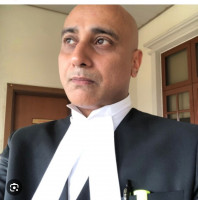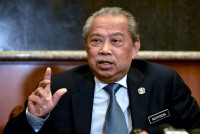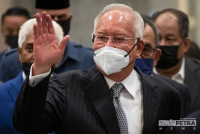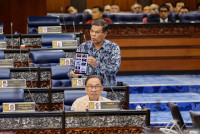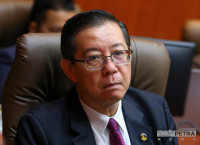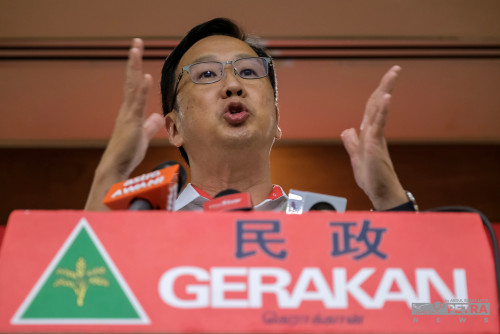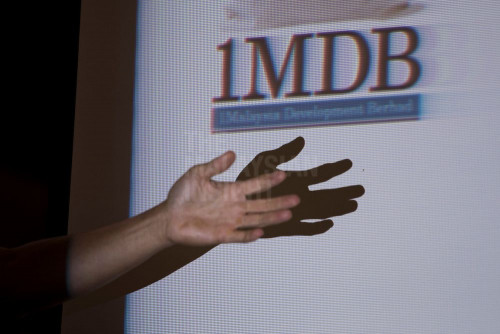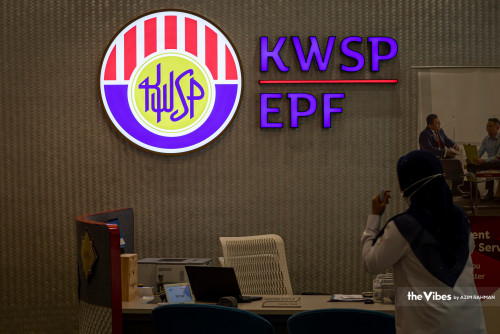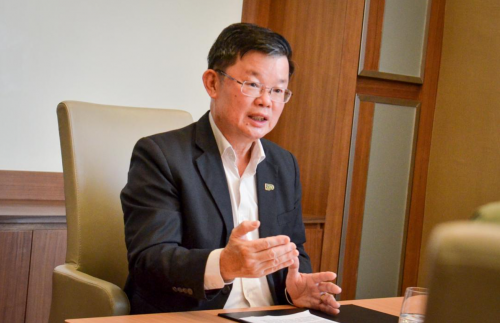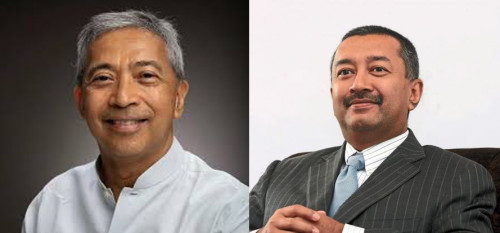
THE International Consortium of Investigative Journalists (ICIJ) had made a startling revelation of offshore accounts and shell companies belonging to or linked to prominent personalities.
The report titled the “Pandora Papers” was based on leaked records from offshore services firms around the globe.
According to the leaked records, ICIJ had unearthed and discovered many top political figures and career criminals who had abused the offshore financial system, which is shrouded in secrecy, to facilitate tax evasion and conceal wealth obtained from illicit activities and illegitimate cross-border financing.
The establishment of offshore companies and bank accounts is not illegal nor uncommon among businessmen who operate across international borders to be free and exempt from high taxes, to facilitate global trading, relaxation of accounting and tax filings and asset protection.
However, the concerns on these offshore shelters is that it is open to abuse by tax evaders and criminals to launder illicit funds. In this regard, it provides a web of protection to tax evaders, conceals the origins of illegitimate sources of funds and provides a safe haven for corrupt government officials because it is based on a system of financial secrecy, interlocking layers of protection by anonymity and lenient anti-money laundering procedures.
It is common that there is no legal obligation to disclose beneficial ownership for offshore companies in any jurisdiction.
In the world of offshore operations, it is also common that nominee directors and trustees are paid to hide the true identities of who are really behind these vehicles.
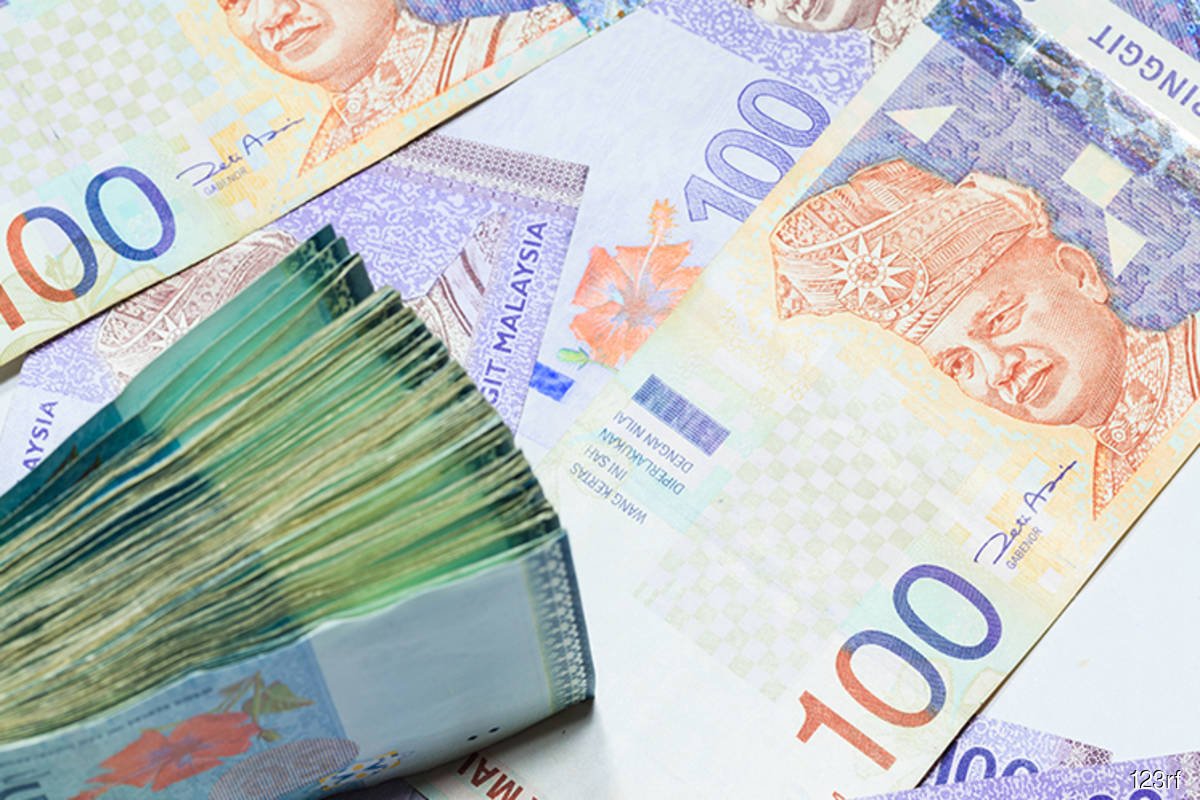
The two common types of offshore vehicles used for money-laundering activities are shell companies and trust corporations.
Shell companies are usually entities that have no business pursuits or conduct any kind of commercial activities, and the purpose of incorporating them is to conceal the true identities of the beneficial owners and to disguise illegal proceeds through the creation of fictitious sale and purchase agreements, loan agreements, false invoicing and spurious investments under the guise of preference shareholders.
Trust offices, on the other hand, are formed so that another person, known as the trustee, is able to manage and orchestrate the use of funds and other forms of financial assets held in the trust on behalf of the actual beneficiaries in the form of a legal instrument, thereby concealing the true identity of the cestui que trust and the actual source of the trust funds.
In some instances, profits made from locally incorporated companies transacting with overseas companies are transferred to offshore shell companies and trust corporations to create a perception that the profits originated from offshore activities so as to avoid paying onshore taxes.
In Malaysia, pursuant to Section 12(1) of the Income Tax Act 1967, foreign source income is exempt from tax.
How money laundering works
There are three stages to money laundering: the placement stage, layering stage and integration stage.
At the placement stage, the illicit money is put back into the financial system and this can be done by setting up an offshore corporation or trust.
Once the offshore corporation is set up, which can be easily purchased, the monies are deposited into the offshore corporation’s bank account under the pretext of a legal transaction in a jurisdiction that is lax in tax and money-laundering safeguards with corporate secrecy laws.
The money deposited in the account is then transferred to other accounts in different jurisdictions including other offshore financial havens by means of sham transactions. This “cleaning” process is the second stage and is described as the layering stage.
The third and final step is the integration stage, where the money is re-channelled back into the economy by purchase of luxury items, real estate investments and business ventures.
These three stages are designed to create multiple layers so that the origins of the money would be difficult to trace, to establish an indeterminate audit trail and to hide the true identities of the primary launderer based on the level of secrecy at each stage, thereby making it difficult for the authorities to detect and follow money-laundering activities.
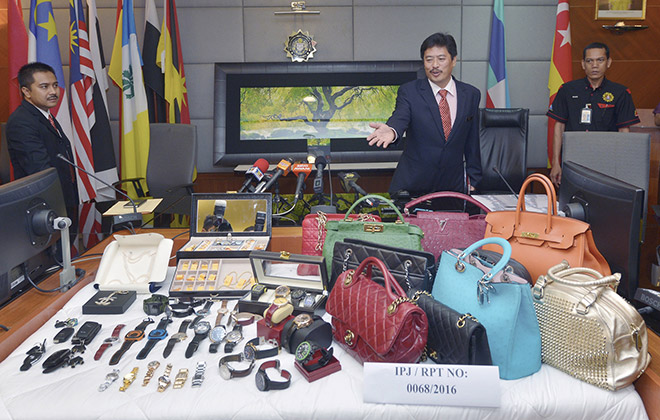
The levels of secrecy include banking secrecy, corporation secrecy, offshore agent secrecy and client-solicitor secrecy.
Several countries have enacted specific laws to prevent tax evasion, money laundering and other forms of financial crimes specifically through the use of offshore companies, such as the United States, Hong Kong and the United Kingdom.
It is, therefore, imperative and timely that Malaysia enacts a specific Act and puts in place adequate regulations and safeguards concerning offshore companies and their activities or to amend the existing Acts of Parliament, such as the Financial Services Act 2013, Income Tax Act 1967, Central Bank of Malaysia Act 2009 and the Anti-Money Laundering, Anti-Terrorism Financing and Proceeds of Unlawful Activities Act 2001, to curb and prevent the offshore system from being abused by criminals, money launderers, tax evaders and corrupt officials.
To begin with, Bank Negara should establish a non-public database requiring declaration of any direct or indirect interest in offshore companies and trust entities so as to prevent offshore vehicles from being used to launder money and curb tax evasion.
The database should only be shared with other law enforcement agencies in the course of an investigation and regulators, such as the Securities Commission of Malaysia and Companies Commission of Malaysia. It should also be a requirement that the source and origins of money held in offshore bank accounts be disclosed periodically together with the identities of the actual beneficial owners and any individual who has any kind of control over the operations involving offshore companies and trust.
Additionally, offshore entities must show that their income was solely generated from offshore activities. The law should also provide for an effective and convenient whistle-blower programme to encourage reporting and protection of whistle-blowers against prosecution or other forms of legal proceedings by beneficial holder of offshore entities.
There should also be a provision for sanctions, forfeiture and seizure of assets or prosecution against individuals for failure to voluntary provide disclosure, such as classifying such non-disclosure as money-laundering activities under the Anti-Money Laundering, Anti-Terrorism Financing and Proceeds of Unlawful Activities Act 2001.
Another effective feature would be to empower the courts to issue orders against any offshore company to produce records and information if it is based on reliable suspicion of illegal activities being carried out or there has been a potential breach of any laws.
Without any specific law to govern and regulate the operations of offshore companies, the battle against tax evasion, money laundering and other forms of illicit activities would be lost, which would in turn affect the nation domestically and internationally.
In the words of British investigative journalist John Sweeney: “It’s bad form to mention money-laundering. Instead, you talk about asset-management structures and tax beneficial schemes.” – The Vibes, October 23, 2021
Datuk Seri Rajan Navaratnam is a prominent senior law and independent legal adviser to The Vibes




